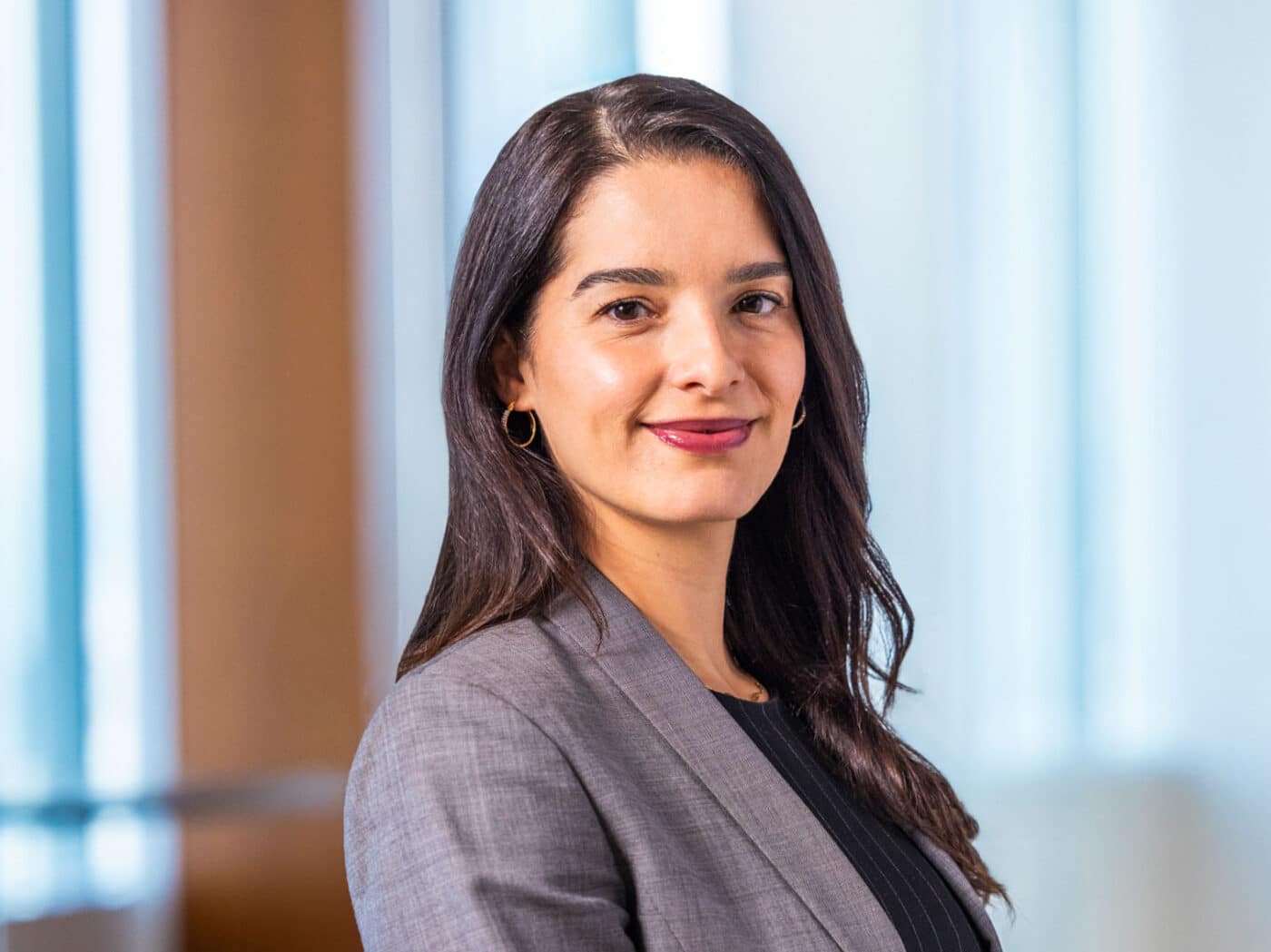
Transform or be disrupted. That was the theme of this year’s Wealth and Asset Management Forum, hosted by Aite-Novarica Group earlier this month in New York City, where I had the honor of participating in a panel discussion on investing in a bear market.
In the same way as companies across sectors are transforming to compete in changing markets, wealth management companies must respond to rapidly changing market conditions by leveraging new technologies, innovating new offerings, generating new insights, and embracing new ways of doing business. The conference revealed five key themes for organizations today:
- Access to alternative investments. iCapital has been the most prominent among advisors offering access to private markets, but a variety of niche players are coming to market offering solutions in sectors like real estate, infrastructure, and venture capital. As access to private markets broadens, alpha tends to decay—but strong client demand for alternative investments and regulatory tailwinds will continue to fuel growth in the space. Plus, there’s plenty of alpha available before private markets become fully democratized.
- Direct indexing. While not new, direct indexing has grown in popularity in recent years and is in high demand from high-net-worth clients and advisors looking to optimize tax management. Either via partnership or home-grown solution, direct indexing in separately managed accounts (SMAs) is becoming table stakes for providers in the space. The best companies continue to innovate, moving beyond indexing for SMAs to offer direct indexing for unified managed accounts (UMAs) and household managed accounts (HMAs).
- Personalized investing. The traditional portfolio allocation of 60% stocks and 40% bonds no longer delivers the returns it used to, and is definitely not differentiated. In this environment, it’s more important than ever to consider approaches including a mix of passive and active investing, tax-efficient portfolios, carefully selected investment managers, private-markets allocation, and strategically diverse geographies. Customized investment advice is at the core of advisor’s value proposition. Fortunately, technology and outsourced services enable advisors today to create investment plans personalized for each client.
- Promoting Environmental, Social, and Governance (ESG) investing. The value of ESG is generally accepted. The question today is whether clients are ready to put their money where their mouth is when it comes to allocating capital. While most aren’t—yet—the increasing attention being given to this important conversation is very encouraging.
In addition, as I noted during my panel discussion, smart advisors are:
- Pivoting to focus on sustainable long-term growth. In the past couple of years, many companies disregarded long-term investment strategies and focused on short-term growth at all costs. Today’s more challenging markets call for more disciplined approaches focused on growing and realizing value over the long term.
By taking these actions, organizations in this sector can boost performance and better serve their clients.
Partnering with Advent to achieve sustainable long-term growth
At Advent, we like to back high-quality companies and partner with management teams to achieve sustainable growth. We have global experience, and continue to hold a bullish view of wealth management and wealth tech, a sector experiencing tremendous innovation. We recently raised more than $30 billion across our funds and are actively looking for opportunities in the space.



















